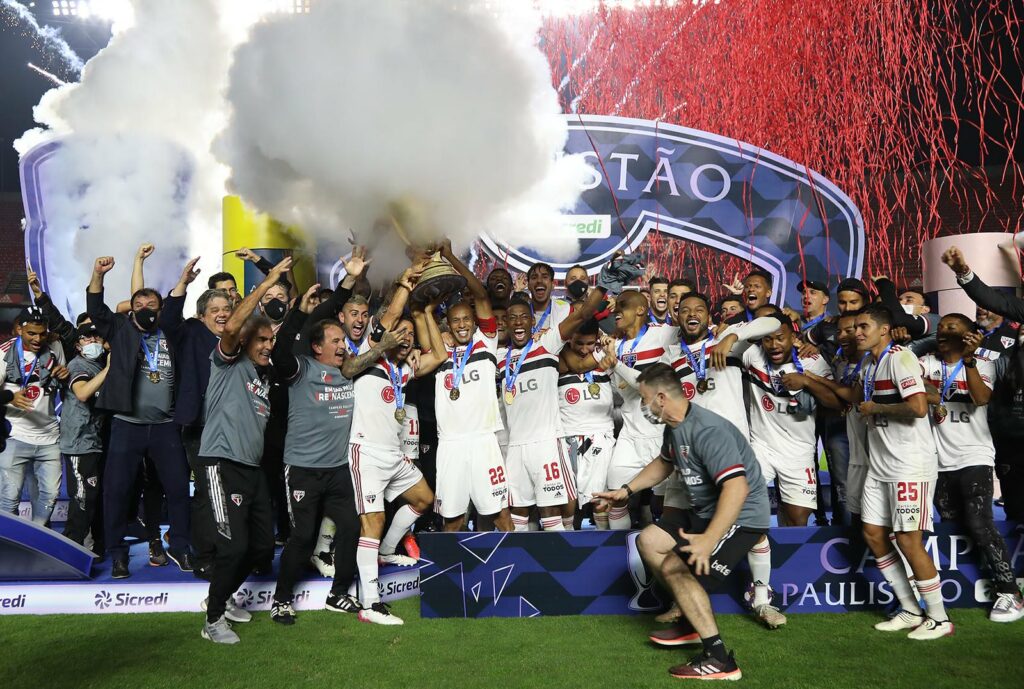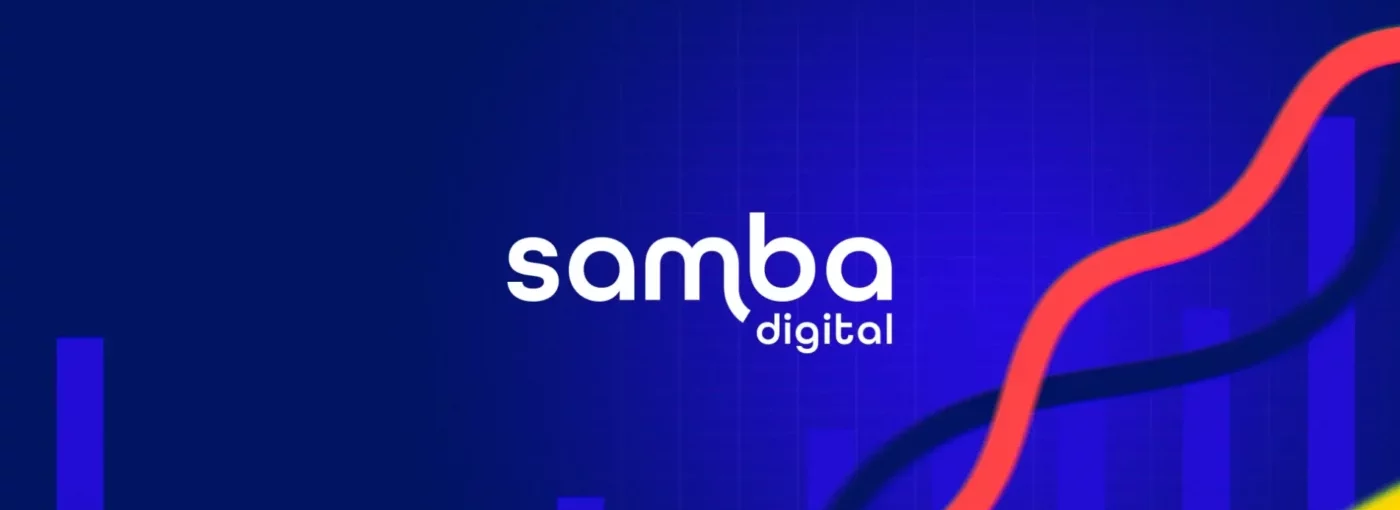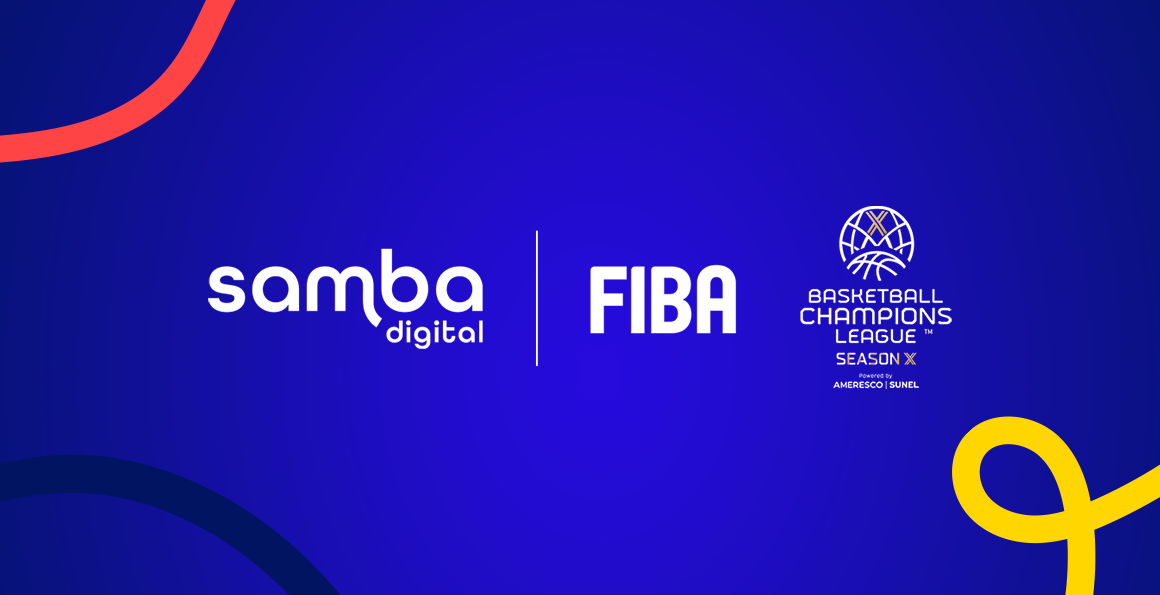A change in the way TV rights are sold
There are so many ways to watch the Brazilian State Championships, including open and closed TV, PPV, streaming, and Youtube. But now, three months later, everything has changed…
The first competition in 2022 will provide fans with new methods to follow football in Brazil. If fans previously watched the State Championships on TV Globo (open TV broadcaster), SporTV (closed TV broadcaster), and Premiere (Globo’s pay-per-view system), 2022 represents a true revolution since Globo did not compete with the same passion as in previous years to secure the broadcasting rights.
To give you an idea, the State Championship of São Paulo will be aired by six different companies: Record (open TV broadcaster), TNT Sports (closed TV broadcaster), HBO Max (streaming system), and Youtube. This is in addition to the official pay-per-view systems of the Paulista Federation itself and, lastly, Premiere (Globo’s PPV system).
According to Rodrigo Mattos, a journalist, on his blog on the UOL website, all rights to the São Paulo State Championship were sold for a price that was 30% higher than the previous contract, which was exclusive to TV Globo. The Campeonato Paulista finals averaged 32 audience points, implying that more than 6.5 million people watched the match simultaneously.
The finals of the Campeonato Paulista gained an average of 32 audience points in São Paulo city alone, reflecting that more than 6.5 million people watched the match at the same time in the city of São Paulo, which has a population of 12.4 million people. In other words, according to Ibope data, 55% of the city was connected to the game.
 Credits: Miguel Schincariol / Flickr São Paulo Futebol Clube
Credits: Miguel Schincariol / Flickr São Paulo Futebol ClubeWe asked around…
Samba Digital discussed the subject with Fábio Wolff’s and asked for his opinion:
Fábio, one of the country’s most well-known names in terms of selling sponsors and advertising board sales at all Brazilian Championships, stated that this is the ideal time to contrast the new model adopted with the conventional one in which TV Globo maintains its exclusivity.
Fábio stated that the model built for São Paulo is new, and it appears to be a trend in which you have access to football on multiple platforms and are not dependent on one or two platforms only. He has seen it on a global scale, and we’ll see how it plays out here. According to Fábio, it will be interesting! It’s new, and it appears to be a safe bet. However, after this period of regional tournaments, we will return to the traditional model of watching football on TV, as we have done for the past few years. It will be valuable to compare the models and their respective results.
Rio de Janeiro has a different model
The Rio de Janeiro State Competition is another regional championship that is very important to Brazilians. Cariocão, as it is lovingly known, did not have its rights bought by Globo and also decided to develop new methods of distribution. Cariocão moved in a different fashion than the São Paulo Championship and with a different company; in SP, Live Mode assisted in the process; in RJ, SportsView played this role.
Cariocão Play, an OTT system administered by the state federation, will be available in Rio de Janeiro in addition to Record. This OTT system will have open TV exclusivity for one or two games per week.
In addition to these two techniques, each major league team’s games will be on their own televisions. In other words, the clubs (Botafogo, Flamengo, Fluminense, and Vasco) will be able to sell the broadcasts through their official TVs with narrators who mix the supporters for the club with the time when they narrate game pitches, which will delight a more fanatical part of the fans.
Despite these complications, this scenario ends in mid-April/early May, when the State Championships finish and the Brazilian National Championship begins. With the clubs’ recent departure from TNT Sports, the majority of them have signed contracts with Globo. These new contracts will have exclusive rights to the majority until at least the end of 2024.
With this, all the other acronyms mentioned – not so traditional for the elderly – are removed from the spectrum of those who watch football at home and return to the traditional Globo-SporTV-Premiere axis. When you think the confusion is over, remember that the Copa Libertadores da América is still on the way.
Confusing isn’t it?
The main club competition in South America has its rights sold entirely to SBT on open TV, while ESPN holds the rights on closed TV. In addition, Conmebol, the continental federation, provides Conmebol TV with unique game schedules on three different TV days. However, the new method of selling rights and increasing awareness is not as straightforward. It’s also not inexpensive; aside from open TV channels, all other systems must pay a fee to receive broadcasts.
Other News

Brazil emerges as a key market for FIFA, international clubs and digital sports strategy

Samba digital launches Fansights

News Tank interview: “Samba will serve as a bridge between European clients and the US market”

Samba Digital teams up with the Houston Texans to elevate Somos Texans across the U.S. and Mexico

The Kansas City Chiefs win Emmy Award for “Viva Chiefs’ Kingdom”

